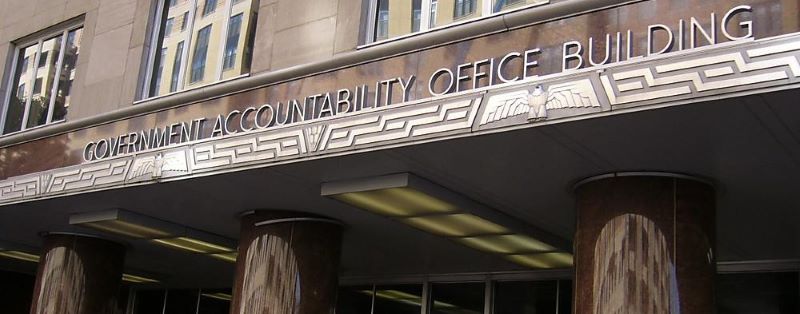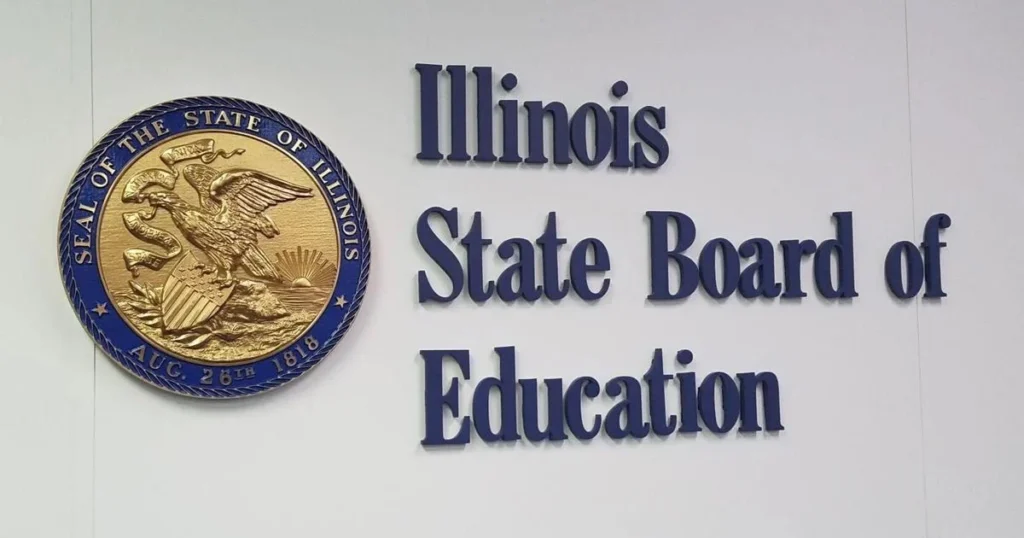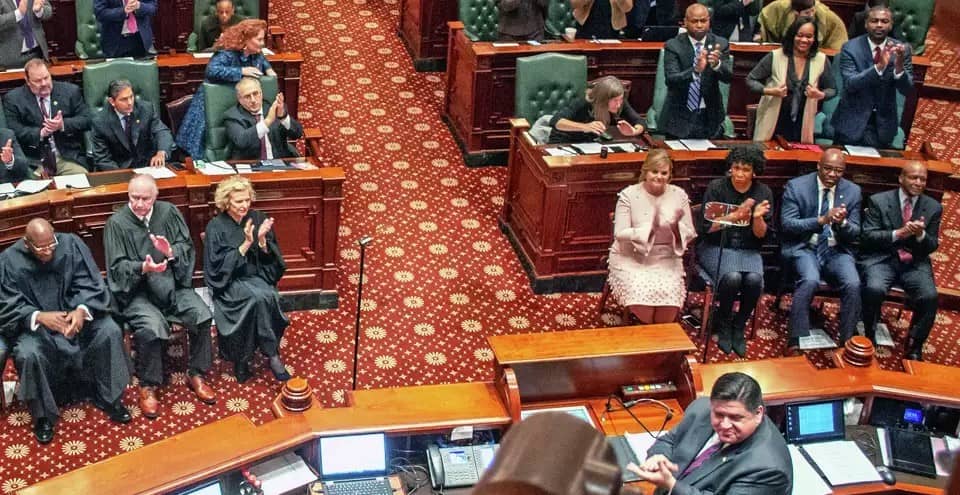Effective government is grounded in transparency and accountability. When our leaders engage in transparent practices, the community understands how decision-making is occurring and how tax dollars are being spent. By establishing trust between the government and the people they represent, value is brought to the relationship.
A governing body with transparent practices builds a reputation of integrity not only for their constituency, but also reduces the opportunity for corruption. When the government operates in full sunlight, one can at least hope that an elected official is acting in the public’s best interest. When the community has more means for accessing information, they can ascertain for themselves what is unfolding and engage at the first sight of impropriety.
Transparent governance is nevertheless vital, even in a resource-restricted environment. Good governance creates pathways for citizens to act as effective and informed contributors to their democracy. Transparency minimizes the potential for government decisions to be irresponsible; in fact, the sooner that osmotic policy decisions are brought to light, the better the chance for correction. When democracy is accountable and transparent, communities thrive and democracy can perform its intended function.
The Crucial Role of Transparency and Accountability in Governance
Transparency and accountability are crucial to effective governance, as they create a framework where officials are responsible for the activities they engage in and citizens have unobstructed access to information. With transparency and accountability, there is a shared, trusting working environment, and the unnecessary use of public resources is avoided.
Building Public Trust and Confidence
When government agencies make their operations open and transparent, they foster a relationship and stronger position with the public. Citizens can place their trust in something they can view. Transparent governments seek to share information regarding their activities, decisions, and expenditures as readily available information.
Transparency closes the passing of time between the public official and the public. When citizens can see and have access to their government processes regarding decision-making, citizens will be quick to sense that government is not against them, but is engaged on their behalf.
Trust does not happen overnight. Trust takes commitment in continually informing citizens in a clear and honest way by the government. There will be awkward moments and mistakes that a transparent government will acknowledge that they made a mistake, and explain what a government will do correct it.
Civil society organizations will also be partners engaged in this process as they will also monitor governments, and help translate complex information to citizens. This will build transparency and trust, and provide a solid foundation for a functioning democracy.
Preventing Corruption and Misuse of Public Funds
Transparency acts like sunlight – it’s the best disinfectant for corruption. When government operations happen in the open, it’s harder for officials to misuse their positions or public money.
Regular audits and clear financial reporting create accountability. These practices make it difficult to hide improper spending or conflicts of interest. Government agencies that publish their financial statements show they have nothing to hide.
Key anti-corruption measures include:
- Whistleblower protection laws
- Conflict of interest disclosures
- Open bidding processes for contracts
- Published budgets and spending reports
When officials know their actions will face scrutiny, they’re more likely to follow rules and ethical guidelines. This creates a culture of compliance that protects public funds and ensures they benefit society rather than individual interests.
Enhancing Decision-Making and Access to Information
Accurate decision making relies on accurate data. When government data can be freely accessed and utilized, public servants and citizens can make better informed decisions.
Freedom of information legislation acknowledges the public’s right to access government records and the public’s right to understand how decisions that impact them were made.
Opening government data is a means of providing more access to government data in a format designed for use and analysis by the public. It enables researchers, journalists, and the public to uncover trends and patterns, which in turn lead to recommendations for improvements.
Sharing data has never been easier, and with information technologies, it is even easier today. Government officials can share information about issues of concern to the public through Government websites, mobile apps, and social media to inform and communicate with the public, while providing them with the opportunity to have feedback directly to Government.
When the principle of transparency is embedded in a community’s decision making processes, it allows for multiple perspectives of opinion to be considered, and increases the chances that decisions made will truly reflect the actual needs of the community.
Impacts of Transparency and Accountability on Development and Society
Transparency and accountability create ripple effects throughout society, transforming how governments function and how citizens experience public services. These principles help build trust while creating economic and social benefits that extend to all sectors.
Improving Public Services and Economic Growth
When governments share information openly about budgets and spending, citizens can see how their tax dollars are used. This transparency helps ensure public funds go where they’re needed most. Cities that publish spending data online have shown improved efficiency in public services like transport and utilities.
Studies show that transparent governments tend to have stronger economic growth. When officials must explain their decisions, they’re more likely to make choices that benefit the community rather than special interests.
Countries with higher transparency ratings often show better employment rates. This happens because businesses can plan better when government policies and regulations are clear and predictable.
Public service monitoring tools help citizens track service delivery. When people can report problems directly, governments fix issues faster.
Fostering Innovation, Business, and Investment
Clear government practices create a friendly environment for business and investment. Companies prefer to operate in places where rules don’t change suddenly and permits aren’t given based on bribes.
The OECD found that transparent economies attract up to 40% more foreign investment. Investors feel safer putting money into countries where they can access reliable information about markets and regulations.
Small businesses especially benefit from transparency. When government contracts are awarded openly, more companies can compete fairly.
Industry growth happens faster when government data is freely available. For example, weather data sharing has created new farming apps that help increase crop yields.
Trade agreements work better when negotiations happen in the open. This allows more voices to be heard before decisions are made.
Advancing Social Well-being: Education, Health, and Environment
Transparency in education helps parents and students make better choices. When school performance data is public, schools work harder to improve their results.
Health outcomes improve when medical information is shared openly. During health crises, transparent communication saves lives by helping people take the right protective actions.
Environmental protection depends on honest reporting. When governments publish pollution data, companies face public pressure to reduce their environmental impact.
Agriculture programs work better when farmers can see how decisions are made. This helps build trust in new farming methods.
Energy policies developed with public input tend to be more sustainable. When citizens understand the trade-offs, they’re more willing to support necessary changes.



